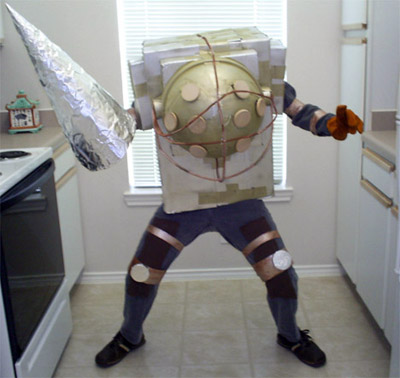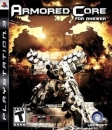Ok, so I'm not exactly sure if its an actual record but another Sony format bites the dust!
http://www.engadget.com/2007/08/30/so-long-atrac-thanks-for-nothing/
"Sony's CONNECT music services based on the ATRAC audio format are finally -- at long last -- coming to an end. In North America and Europe, anyway. The off again, on again music service with a penchant for the ol' ATRAC lock-in will be phased out. Buried in that US-bound video Walkman press release, Sony states that, "Specific timing will vary by region depending on market demand, but will not be before March 2008." The CONNECT e-book service for the Reader will not be affected." We expect the swift demise of ATRAC to follow."
"Connect customers are already being notified of Sony's move away from their "proprietary music format." They'll even provide future "guidance" for converting your library over to WMA or MP3 formats."
So let's go over some of Sony's other failed formats;
Mini-Disc (1991)--custom disc format, and used ATRAC audio compression, which is proprietary.
Sony Dynamic Digital Sound (1993)--a competitor to the Dolby Digital 5.1 standard.
Multi-Media Compact Disc (1994)--Sony's proprietary format for high-density optical storage, developed in conjunction with Phillips. Negotiations merged this format and Toshiba's Super Density disc format into what would become DVD.
Music Clip (1999)--Sony's first digital player, used ATRAC audio compression.
HiFD (1998)--a competitor to Iomega's Zip drive.
Memory Stick (1998)--proprietary memory device as a competitor to SD and Flash memory.
Super Audio CD (1999)--an optical disc format with higher fidelity than the CD.
Universal Media Disc (UMD) (2004) -- a proprietary media format for the PSP.
Proud Member of GAIBoWS (Gamers Against Irrational Bans of Weezy & Squilliam)





























































